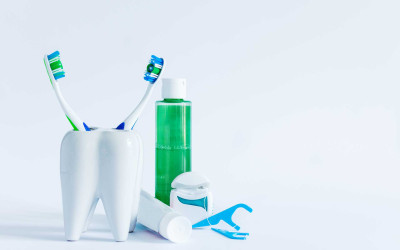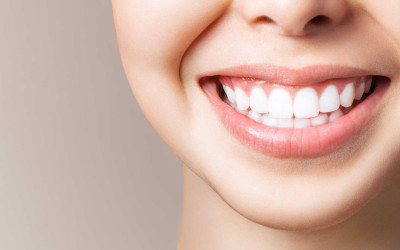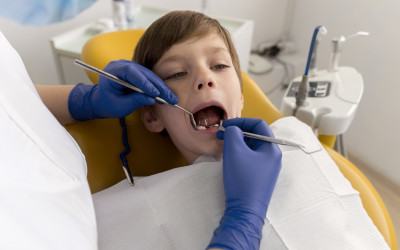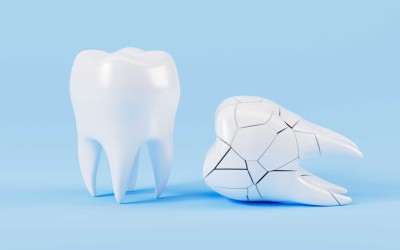The Importance of Dental Cleaning
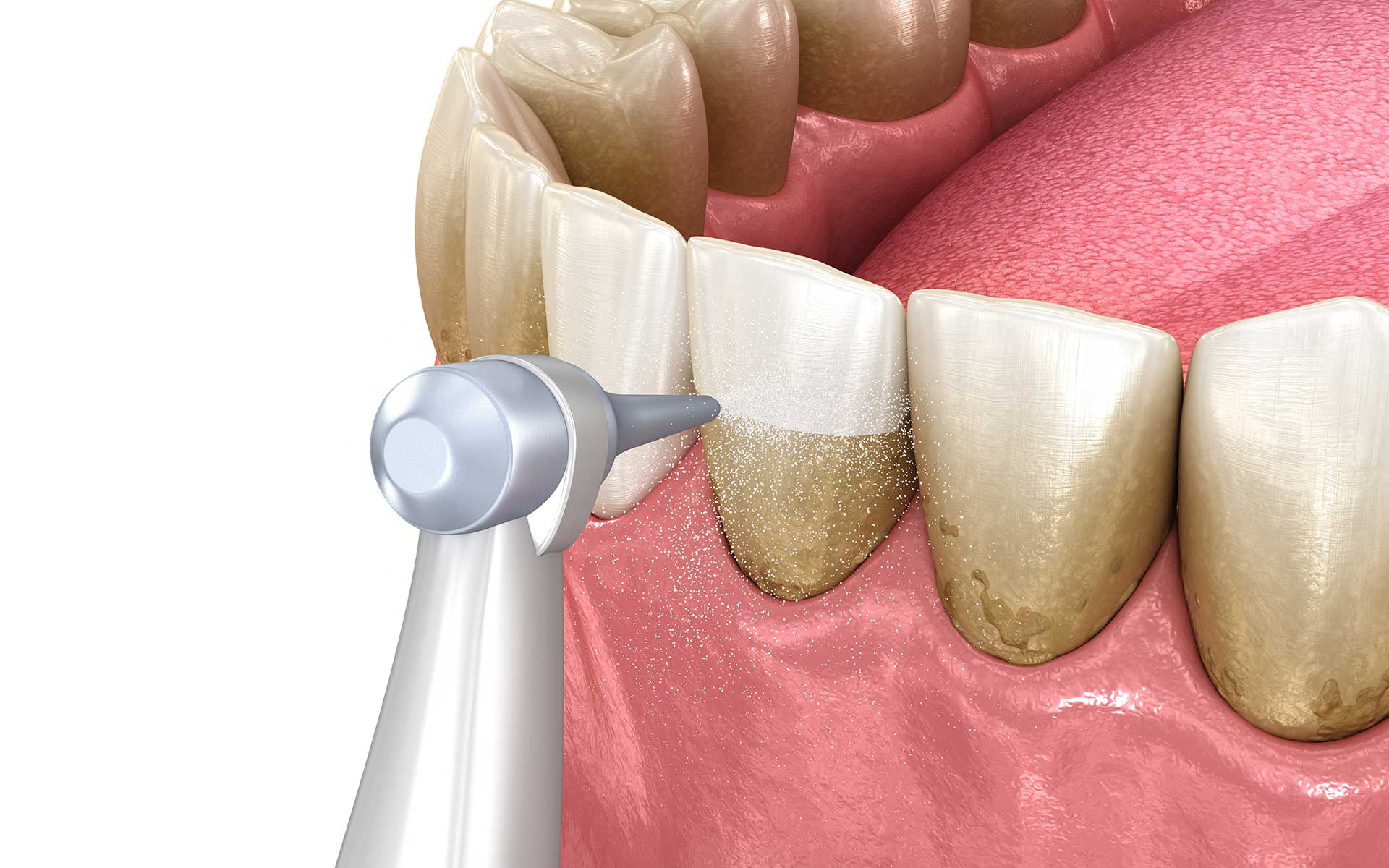
The Importance of Dental Cleaning
- 1 October 2024
- 4228 views
Dental cleaning is crucial for oral health. How can you protect yourself from dental calculus? Discover the best dental cleaning with Dentevim now!
This content is for informational purposes only and does not replace medical advice, diagnosis, or treatment. Please consult a healthcare professional for any health concerns.
Table of Contents
Maintaining the health of our teeth is crucial not only for aesthetics but also for our overall well-being. Dental calculus, also known as tartar, forms when plaque accumulates on the teeth and hardens over time, posing a threat to oral health. So, why is dental cleaning so important? What are its effects, and how should it be done?
What is Dental Calculus?
Dental calculus is a calcified layer formed by the hardening of plaque that accumulates on the surface of the teeth. Plaque forms from the combination of bacteria in the mouth, food, and drink. If plaque is not regularly cleaned, it hardens and turns into tartar. Tartar typically forms on the back surfaces of the teeth and near the gums.
How Does Dental Calculus Affect Health?
Dental calculus affects oral health in various ways. Therefore, regular dental cleanings are essential. The effects of calculus on oral health are as follows:
- Gum Disease: Dental calculus can lead to inflammation of the gums. Gum diseases can cause the gums to swell, bleed, and even cause teeth to loosen. If left untreated, this can result in tooth loss.
- Bad Breath: Dental calculus encourages the growth of bacteria that cause bad odors in the mouth, leading to halitosis (bad breath).
- Tooth Decay: Dental calculus can weaken the protective layer on the surface of the teeth, increasing the risk of tooth decay.
- Aesthetic Issues: Tartar causes brown or yellow stains on the teeth, which is visually unappealing and can affect a person’s self-confidence.
Methods of Dental Calculus Cleaning
Professional dentists should do dental cleaning. The methods used include:
- Ultrasonic Cleaning: Dentists use ultrasonic instruments to clean tartar through vibration. This method effectively removes calculus without damaging the gums.
- Hand Instruments: Special hand tools are also used to scrape and remove tartar from the teeth physically.
- Curettage: In more advanced cases, curettage can be performed for deeper cleaning of tartar and plaque. This method cleans the tartar and plaque under the gums.
- Surface Cleaning and Polishing: After dental cleaning, the teeth undergo surface cleaning and polishing. This process smooths the teeth and helps prevent plaque buildup.
How Often Should Dental Cleaning Be Done?
The frequency of dental cleaning depends on individual oral health. In general, dental cleaning is recommended at least twice a year. However, some people may accumulate tartar more quickly, requiring more frequent cleaning. Your dentist will determine the most appropriate cleaning plan based on your oral health.
Precautions to Prevent Dental Calculus
Preventing the formation of tartar is the best way to maintain healthy teeth. Here are some steps you can take to prevent tartar buildup:
- Regular Brushing: Brushing your teeth twice a day for at least two minutes helps prevent plaque buildup. Using fluoride toothpaste can protect your teeth.
- Flossing: Using dental floss helps clean plaque between the teeth and reduces tartar formation.
- Mouthwash: Using antibacterial mouthwash can reduce bacteria in the mouth and prevent plaque buildup.
- Balanced Diet: Reducing the consumption of sugary and acidic foods helps protect your dental health and prevent plaque formation.
- Regular Dental Checkups: Visiting your dentist regularly can prevent the formation of dental calculus and address potential issues early with proper treatment.




